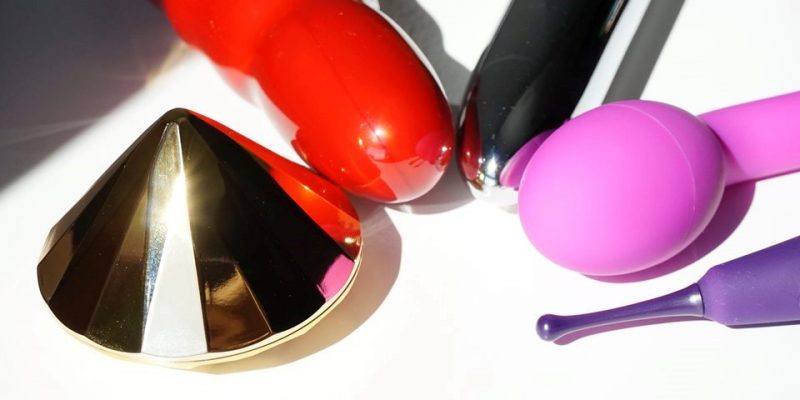
It’s said that a Dutch Wife never cheats, but then again, Dutch Wives have little to do with actual Dutch women — that is, with women from the Netherlands (aka Holland). Yet, there’s indeed a historical connection between the two, about which we’ll talk later in this post.
Introduction
Today, the explicit term Dutch Wife may refer to a variety of things, which includes items such as inflatable life-size sex dolls, modern silicone sex dolls, or sex robots, artificial surrogate women, large sacks stuffed with canvas, human-sized body-length pillows to sleep with (a bolster), large wickers, or even hot water bottles.
The term Dutch Wife also goes under other names, such as Bamboo Wife, Rattan Wife, Body Pillow, Dakimakura (a type of large pillow used in Japan, literally meaning “hug pillow”), Chikufujin (Japanese for Bamboo Wife), Love Pillow, Dattchi Waifu or Datch Waifu (the Japanese pronunciation of Dutch Wife), to name a few synonyms.
Origin and Meaning of the term Dutch Wife
There are different versions going around about the origin and history of the term Dutch Wife.
Sleeping Device
The oldest known recording in written language for the term dates back to 1838, used by William Samuel W. Ruschenberger, an American surgeon and author, who, during his travels on the island of Java (Indonesia) wrote: “We found our sleeping rooms pleasant. The beds were supplied with an additional hard bolster or pillow whereon to rest the lower limbs, which has obtained the somewhat equivocal name of Dutch wife.”

The above confirms the version that claims that the origin of the term Dutch Wife comes from Dutch traders in their Indonesian colony, who would spend a long time away from their wives, and as such used life-size bolsters in bed to comfort them during the lonely nights. The story also goes that the Dutch didn’t want to pay or financially support a concubine in the colonies because of their greed and stinginess, and therefore preferred an artificial “wife” in bed.
This “sleeping device” version also talks about the body-length Bamboo and Rattan bolsters, which were hugged and put between the legs in bed to spread the legs for better airing and cooling and prevent excessive sweating in the hot tropical nights. It’s also thought that they may have been used to alleviate lower back pain during sleeping periods.
In fact, in East Asia and Southeast Asia, apart from the use as a synonym for sex dolls, the term Dutch Wife is still applied as a reference for a device or item to sleep with, typically a bolster, notably used in the warmer seasons.
Sex Dolls and Sex Toy
Another version is the use of sex dolls or masturbation dolls, that is, a sex toy, of which evidence is found in travel history records of 16th century Dutch sailors, who, during their long, lonely journeys, sometimes used doll-like contraptions made from cloth or canvas for sexual relief.
In the same version, it’s sometimes claimed that these “dolls” were actually used for more sleeping comfort for the sailors in their “wave-rolling bunks,” and not so much for masturbation purposes. Well, your guess is as good as mine as for what’s the truth here.
Pejorative Use
A totally other story is connected to the enmity and colonial rivalry between the English and Dutch (people from the Netherlands) that lasted from the 16th to the 19th century. The English basically used “Dutch” for everything that was bad, irregular, abnormal, inferior, second-rate, unsatisfactory, and so on.
As such, you’ll find quite a lot of English expressions, even used today, that apply the adjective “Dutch” in a pejorative way. Think of phrases like “Going Dutch,” “Dutch Cure,” “In Dutch,” “Dutch Uncle,” “Dutch Rose,” “Dutch Courage,” “Dutch Treat,” “Dutch Auction,” among many others, and, of course, the “Dutch Wife.”
For the English, however, a “Dutch Wife” didn’t refer to a artificial sex doll or sleeping device, but to a woman who is unresponsive and apathetic in bed, a prostitute, and/or simply a b*tch of a woman.
Endnote
If the Dutch Wife was actually invented by the Dutch — as is sometimes claimed — remains a question, well, actually, is much to be doubted.
For instance, “sex dolls” were also used by French and Spanish sailors in the 16th century, and it seems highly unlikely that they by themselves didn’t come up with the concept.
Moreover, the Korean version of the Dutch Wife, the Jukbuin, Bamboo Wife, or Second Wife, dates already back to the 13th century, and was used when sleeping on the wooden floors to keep cool in hot weather.
Well, for what it is, words have and get their own drive and meaning, they change and evolve, but for now it seems that the Dutch Wife has won the battle.















